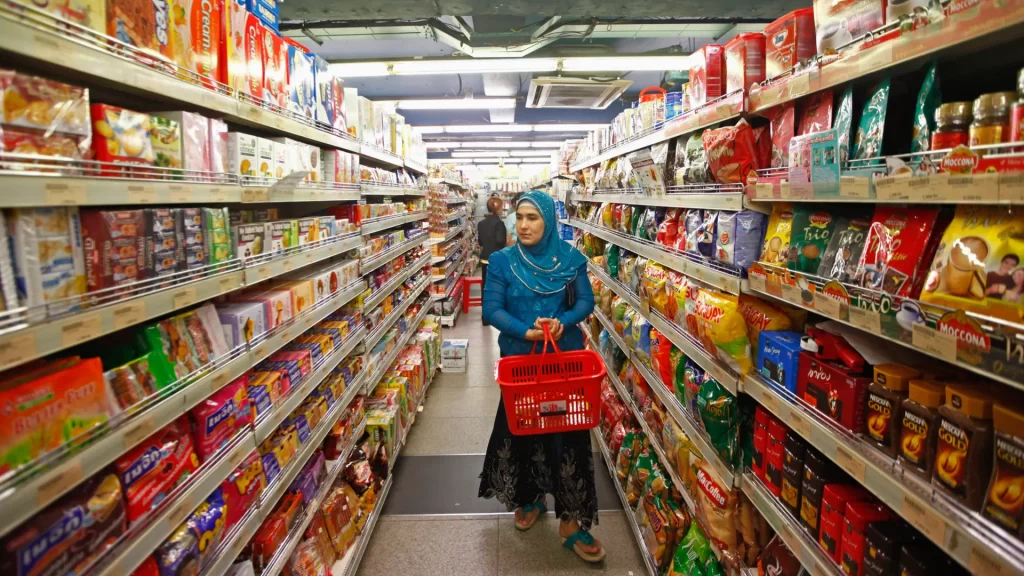
Amid armed conflict following the 2021 coup, Myanmar’s fast-depreciating currency is destabilising the economy.
Myanmar’s military authorities have arrested 11 people, including a Japanese executive, for selling rice at prices higher than prescribed levels.
Officials said on Monday that the detainees include rice traders, millers and retailers. The charges relate to the sale of rice at prices up to 70 percent higher than what is deemed acceptable by the authorities as they struggle with deep economic instability amid the ongoing conflict in the country.
Among the detainees was a Japanese executive, whose arrest has caused friction with Tokyo. A director at supermarket operator Aeon Orange, Hiroshi Kasamatsu was detained following an investigation into rice mills and supermarkets, the authorities’ information team said late on Sunday.
It said that Kasamatsu and three Myanmar nationals were suspected of price gouging “with the aim to make economic chaos”.
Turmoil
The impoverished Southeast Asian country has been in turmoil since the military took control in 2021 after deposing the elected civilian government led by Aung San Suu Kyi.
The move triggered widespread protests that turned violent and have since transformed into nationwide armed resistance. The conflict has forced over three million people from their homes, according to the United Nations.
In early June, Myanmar arrested 35 people in an effort to crack down on gold and foreign exchange traders, along with agents selling foreign real estate, with the aim of stabilising a rapidly depreciating currency.
However, rice traders say the mismatch between the official foreign exchange rate and black market rates causes significant problems.
The conflict has also disrupted the planting, harvesting and transport of rice, analysts say.
That has helped prices more than double in recent months, according to traders. They claim that selling at the officially sanctioned price would see them operating at a loss.
However, state media has blamed the El Nino weather phenomenon and market hoarders.
Yoshimasa Hayashi, Japan’s chief cabinet secretary, confirmed to reporters that police in Myanmar’s commercial capital of Yangon were questioning a Japanese national.
“The Japanese government intends to continue taking appropriate steps while urging local authorities for his early release,” he said, adding that the government is in contact with the Japanese citizen’s employer to offer support.






